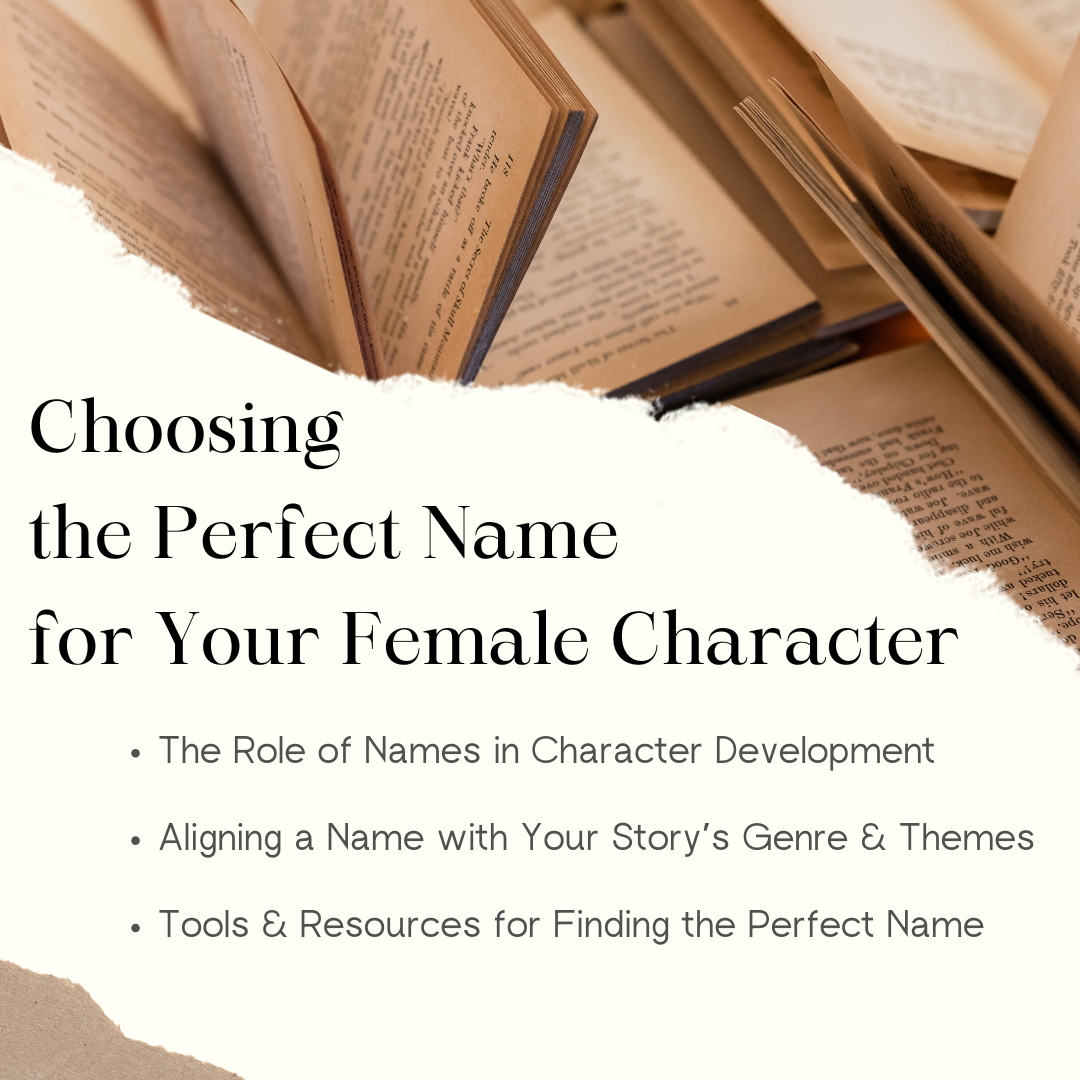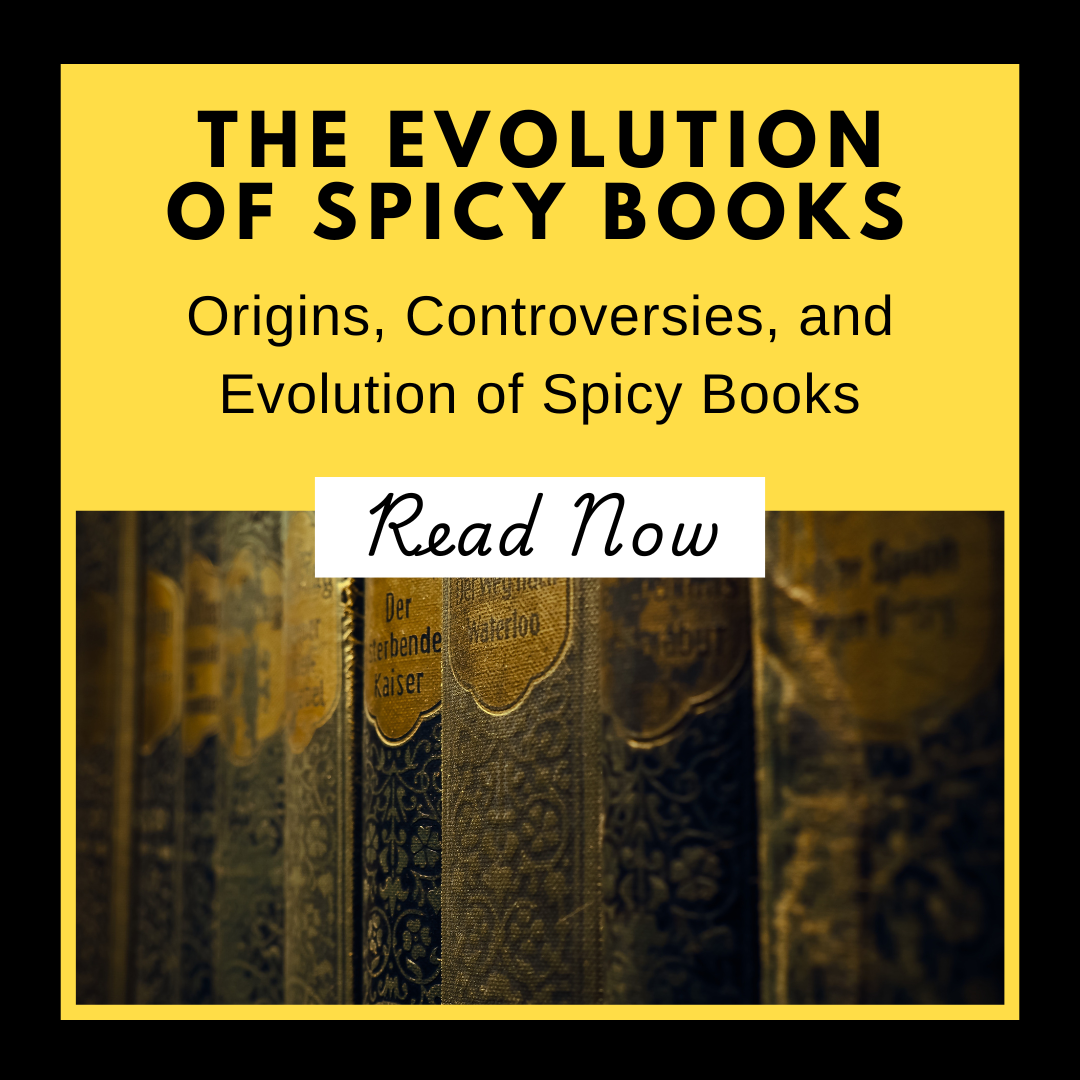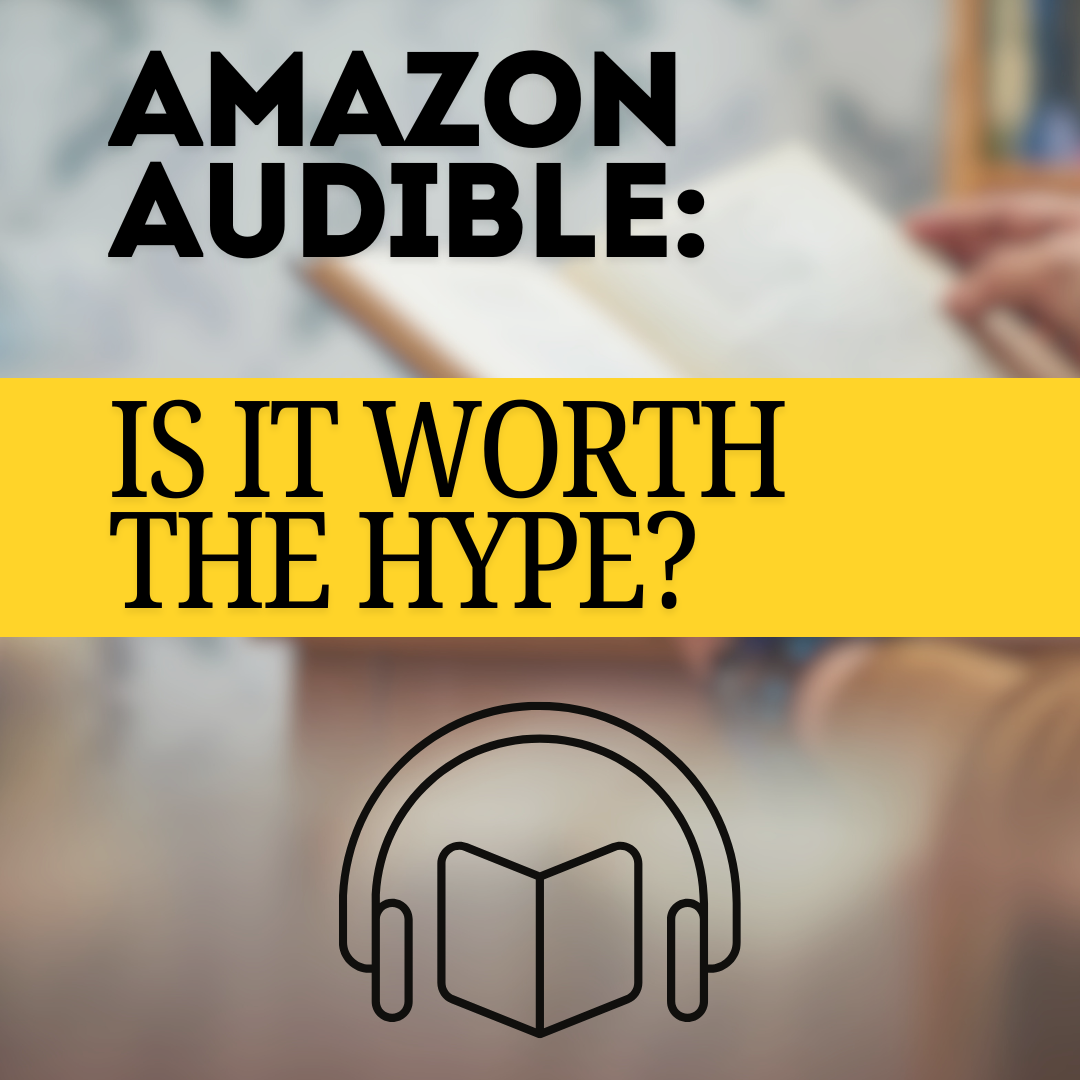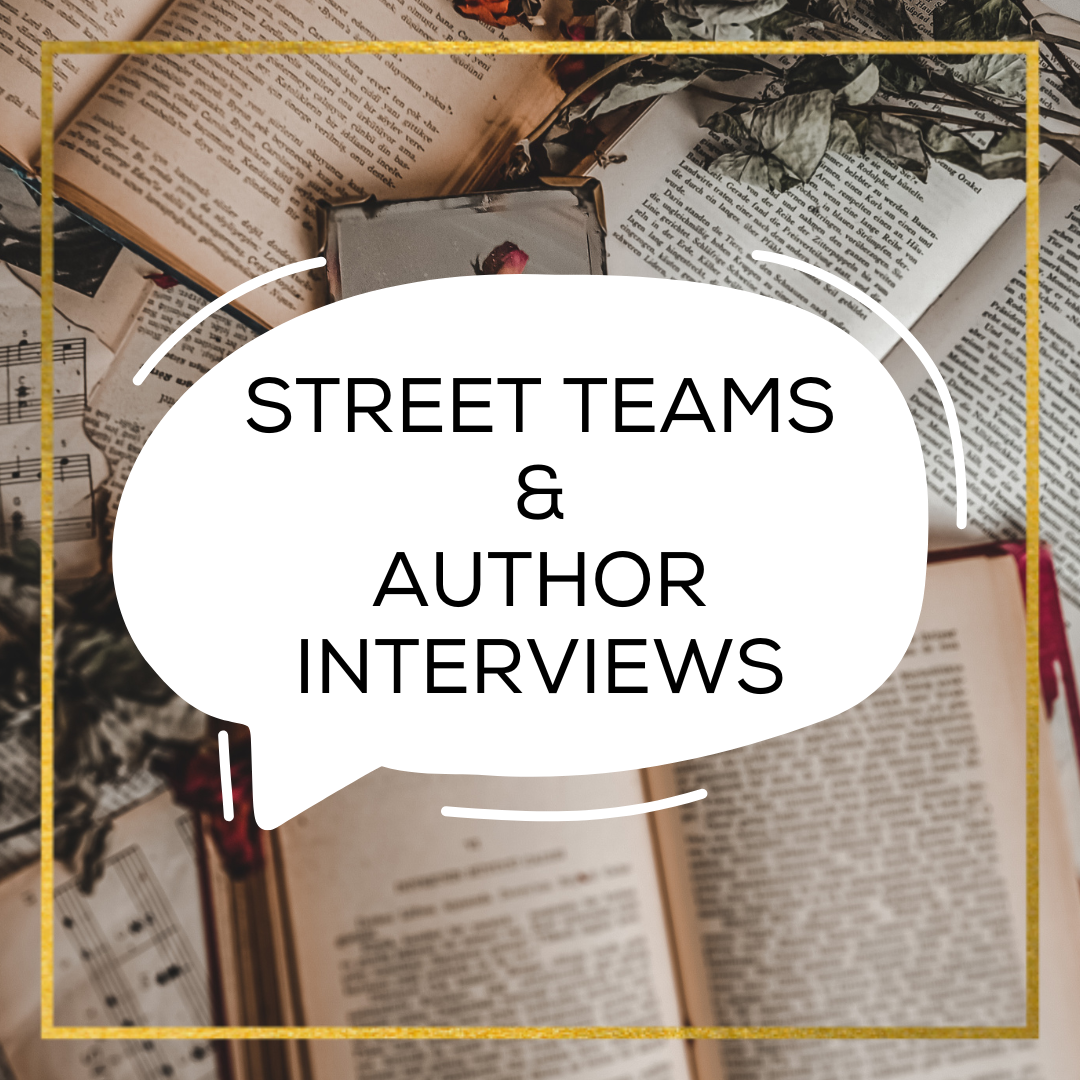
Who is Tia Christine? A Passionate Author, Book Marketing Expert, and Indie Author Advocate Tia Christine is a storyteller, strategist,...

For many indie authors, Amazon Kindle Direct Publishing (KDP) has long been the go-to platform for self-publishing ebooks. However, growing concerns about KDP’s lack of author support and control have led many to seek alternative solutions. Luckily, a vibrant ecosystem of innovative platforms is emerging, offering indie authors a diverse range of options to publish and reach readers.
For indie authors looking to expand their reach beyond Amazon KDP, IngramSpark and Draft2Digital offer compelling alternatives. IngramSpark boasts global reach with access to bookstores and libraries, while Draft2Digital aggregates your book to multiple retailers, maximizing your exposure. Both platforms offer competitive royalty rates and provide authors with valuable tools and resources to manage their publishing journey. Whether you prioritize physical book distribution or want to reach a wider online audience, IngramSpark and Draft2Digital offer unique advantages to help indie authors succeed.
Self-publishing with Apple Books offers several advantages, including high royalty rates, a large potential audience, and professional formatting. However, it also has some limitations, such as the exclusive period and limited marketing tools. Carefully weigh the pros and cons before deciding if Apple Books is the right platform for you.
Barnes & Noble Press offers a valuable platform for self-publishing authors seeking prestige, wide distribution, high royalty rates, and professional support. Its user-friendly platform and marketing tools empower authors to manage their publishing journey effectively. However, the limited control, less transparency, higher fees compared to some platforms, and smaller reach compared to giants are factors to consider.
Google Play Books offers a compelling option for self-publishing authors seeking to reach a wide audience and earn competitive royalty rates. Its user-friendly platform, free ISBN, and detailed analytics are valuable assets for managing your publishing journey. However, the limited control, less transparency, and focus on specific genres are factors to consider.
Kobo Writing Life presents an attractive option for self-publishing authors seeking direct access to Kobo’s dedicated audience, competitive royalty rates, and a user-friendly platform. Its exclusive promotional opportunities and global reach offer promising avenues for book success. However, the platform’s younger age, limited marketing tools, and smaller user base compared to some established players are factors to consider.
Lulu can be a good option for self-publishing authors who are looking for a comprehensive self-publishing service with high royalty rates and global reach. However, it is important to be aware of the upfront costs, limited control, and lack of transparency before making a decision. If you are an author who wants more control over your book, needs detailed analytics, and requires extensive customer support, other self-publishing platforms might be better suited.
PublishDrive offers a promising platform for self-publishing authors seeking high royalty rates, global distribution, and multiple format options. Its user-friendly interface and detailed analytics empower authors to manage their publishing journey effectively. However, its younger age, limited marketing support, and lower royalty rates for non-exclusive titles are factors to consider.
Wattpad offers a unique and valuable platform for self-publishing authors, particularly those targeting specific genres and seeking audience engagement. Its large user base, free access, and community features create a dynamic environment for building readership and gaining recognition. However, the limitations on control, lower royalty rates, and intense competition are crucial factors to consider.
SmashWords offers a comprehensive and user-friendly platform for self-publishing authors, providing wide distribution, multiple format options, and competitive royalty rates. Its freemium model and free ISBN make it a low-risk option to get started. However, the limited control, less transparency, and smaller reach compared to some other platforms are factors to consider.
Scribd can be a good option for self-publishing authors who want to reach a large audience and earn competitive royalty rates. However, it is important to be aware of the limited control, lack of transparency, and lower royalty rates for exclusive titles before making a decision. If you are an author who wants to maximize your control over your book and have access to more data and analytics, you may want to consider using another self-publishing platform.
Leanpub offers a compelling platform for self-publishing authors who prioritize control, flexibility, and high royalty rates. Its ease of use, multiple revenue streams, and detailed analytics empower authors to manage their publishing journey effectively. However, the limited marketing tools, smaller reach, and focus on technical content might be drawbacks for some authors.
AlphaNovel presents a promising platform for self-publishing authors seeking flexible options, high royalty rates, and a supportive community. Its innovative features and global reach offer attractive opportunities for authors to build successful careers. However, its younger age, limited marketing tools, and potential genre focus are factors to consider.
Notion Press can be a good option for authors who are looking for a comprehensive self-publishing service that includes editing, formatting, cover design, marketing, and distribution. However, it is important to be aware of the upfront costs, limited control, and lack of transparency before making a decision. If you are a new author who needs support with the entire publishing process, Notion Press can be a good choice. However, if you are an experienced author who wants more control over your book and are comfortable with marketing your book yourself, you may want to consider using another self-publishing platform.
Inkitt offers a unique and engaging platform for self-publishing authors, particularly those who value community interaction and a hybrid publishing approach. However, it’s important to consider the lower royalty rates, limited control, and genre-specific focus before making a decision.
NovelCat presents an attractive option for self-publishing authors seeking a comprehensive platform with a user-friendly interface, diverse features, and a strong community focus. Its royalty options and global distribution network are valuable assets. However, its younger age and limited track record, combined with upfront costs and the need for marketing expertise, are factors to consider.
Patreon offers a unique opportunity for authors to build a sustainable career by directly connecting with their readers and receiving recurring financial support. However, it requires a significant investment of time and effort in marketing, content creation, and community management.
Miraquill offers a promising platform for self-publishing authors who value community building and a unique revenue-sharing model. Its focus on reader engagement and data-driven insights can be beneficial for establishing a loyal readership and optimizing your publishing journey. However, its smaller platform reach, lower royalty rate for non-exclusive titles, and limited marketing tools might be drawbacks for some authors.
Sweek is a self-publishing platform that offers a unique approach to publishing ebooks and audiobooks. Here are some of the pros and cons to consider:
WeInk is a relatively new self-publishing platform that offers several features that might be appealing to authors. However, there are also some drawbacks to consider.
These innovative platforms represent a promising future for indie authors, offering greater control, diverse opportunities, and a more supportive environment. With new platforms emerging and existing ones evolving, the landscape of book publishing is shifting, empowering indie authors to reach their audiences and build successful careers on their own terms.
The message is clear: the future of indie publishing is bright, and the options are limitless. So, for authors seeking to publish their work beyond the confines of KDP, explore these innovative platforms and discover the perfect fit to launch their literary journey.

Who is Tia Christine? A Passionate Author, Book Marketing Expert, and Indie Author Advocate Tia Christine is a storyteller, strategist,...

Choosing the Perfect Name for Your Female Character Why Your Character’s Name Matters Naming your characters might seem like a...

The Evolution of Spicy Books Origins, Controversies, and Evolution of Spicy Books These days, “spicy” books are hotter than ever—literally...
Boost Your Author Brand with Effective Interview Techniques A Step-by-Step Guide for Authors to Ace Every Interview Interviews are one...

Amazon Audible: Is It Worth the Hype? A convenient way to enjoy books In today’s fast-paced world, finding time to...
Advanced Reader Copy Your Guide to ARC Books In the digital age, book piracy has become a significant issue that...
Book Pirate Sites are Hurting Self-Published Authors Book Piracy Book piracy is an ongoing issue that significantly affects self-published authors....

Street Teams and Author Interviews INSIGHTS, SPOTLIGHTS, AND TIPS FOR YOUR BOOK MARKETING Welcome to the latest edition of the...
Harness the Power of Social Media Book Marketing AUTHOR BRANDING, BOOK BOOSTS, LITERARY SUPPORT What you’ll discover in this edition...